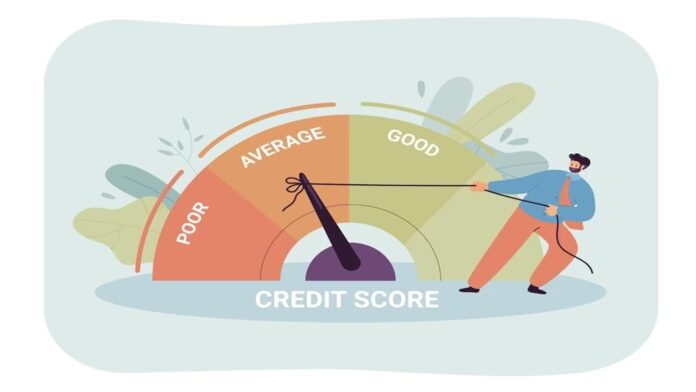A credit card is not just a plastic card these days, but a financial responsibility. When the credit card bill comes at the end of the month, many people just pay the “minimum due” and think their work is done. As easy as this option seems, it can prove to be equally dangerous if it is made a habit. Because it not only increases your debt, but also gradually damages your credit health.
The habit of making only the minimum payment affects your credit history, credit utilization ratio and finally your credit score. This score is the one that will determine your eligibility for any loan or credit card in the future. That is, a little negligence today can become an obstacle in the way of your big financial decisions tomorrow. Therefore, it is important that you pay the entire bill instead of the minimum due and do it on time – so that neither the burden of interest increases nor the credit score falls.
Nowadays, credit cards have become an important part of our daily lives. But it is the right use that maintains your credit health. Even if you choose only the minimum amount to clear the bill, it may seem comfortable – especially when the budget is tight. But do you know that this habit can weaken your credit score?
Also read: ‘Buy Now Pay Later’ trap: How even a Rs 1,000 default can damage your credit score more than a missed EMI
Why does paying even the minimum due cause harm?
- Credit score decreases
Credit score is a number between 300–900, which indicates how likely you are to repay the loan on time. If you pay only the minimum due, it is an indication that you have outstanding dues and it can lower your score due to your payment history and credit utilization.
HDFC Bank
- Credit utilisation goes up
If you only make the minimum payment, your outstanding balance stays high, making your utilisation look higher than your credit limit. When it goes above 30%, a drop in score is possible.
- Interest burden goes up
Minimum payments only cover a part of the interest and leave the principal amount behind. Over time, this creates a ‘snowball’ effect — the interest keeps piling up and your debt doesn’t get cleared.
» Read More


